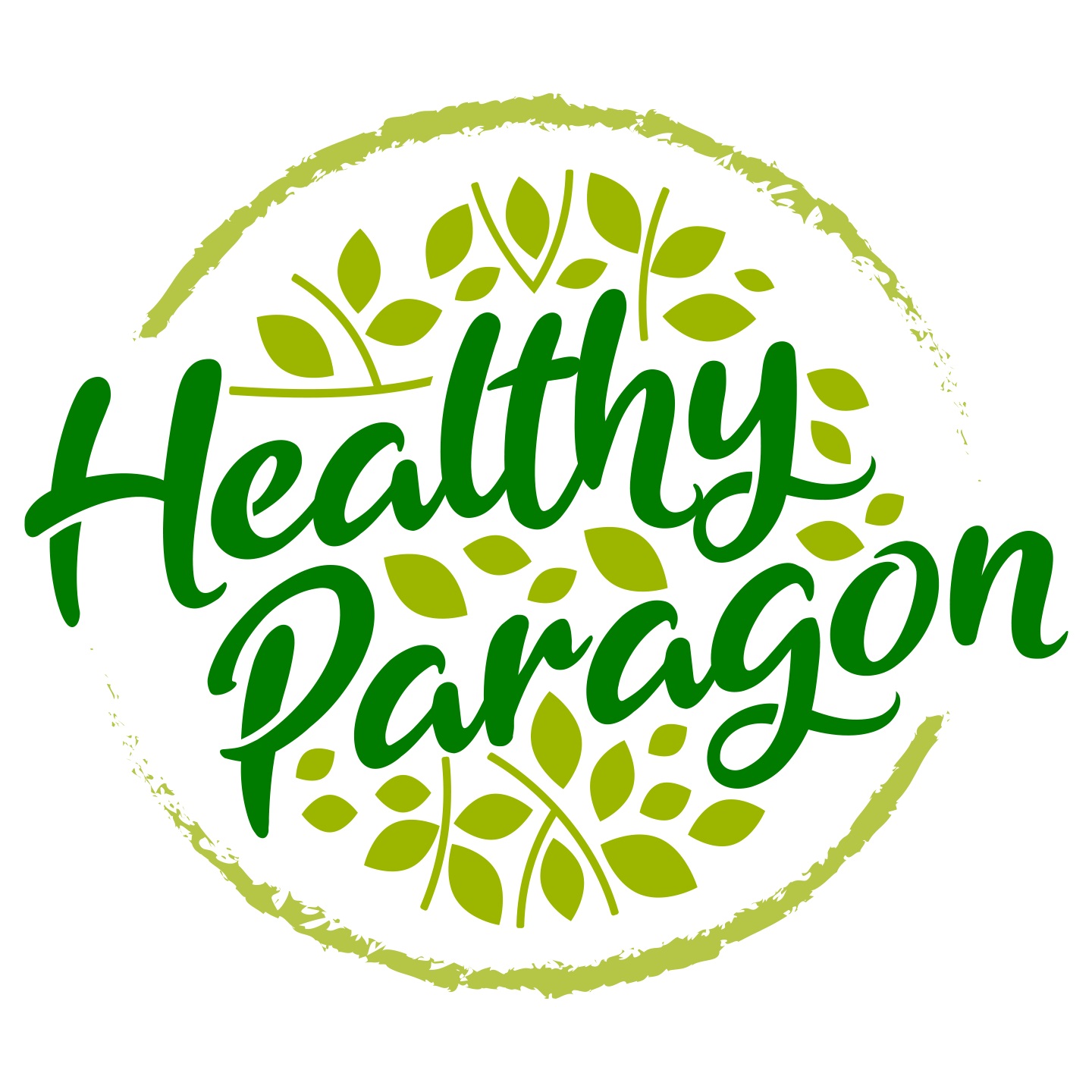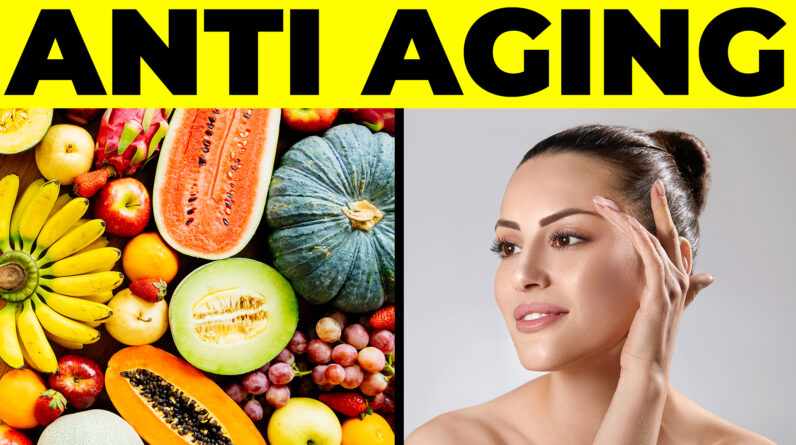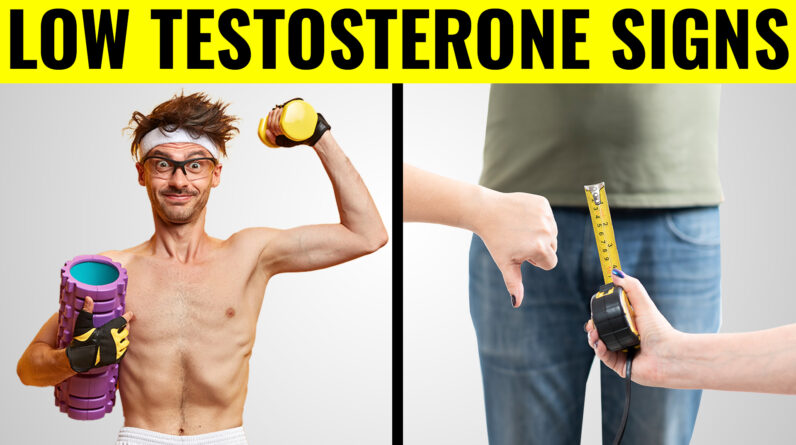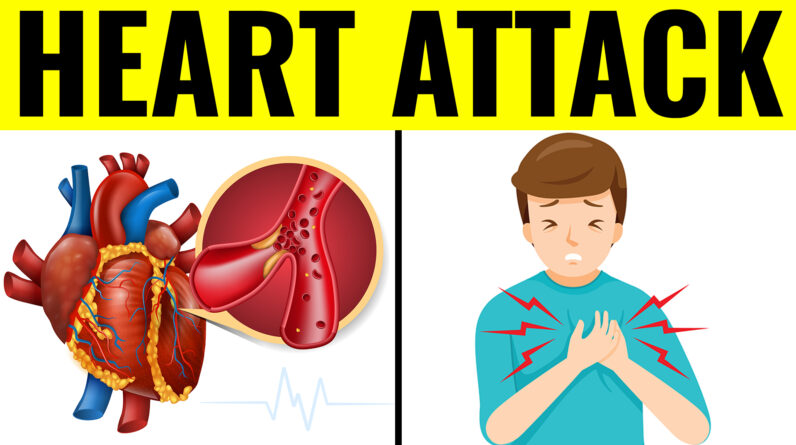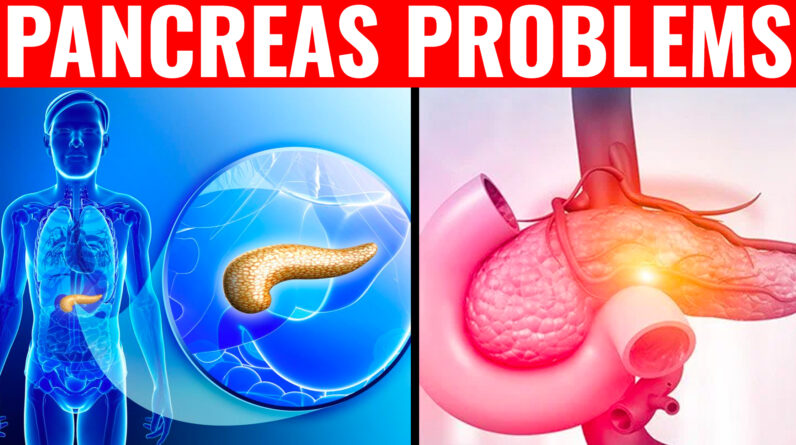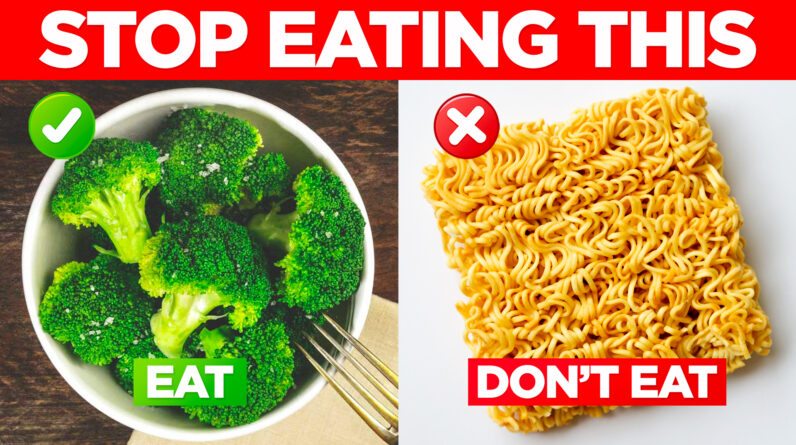
Everyone knows that cancer is one of the most complex diseases in the world. With so many types of cancer, the reasons behind the disease are endless. However, what most people don’t know is that your diet can be extremely closely linked to the development and progression of cancer as well. That’s right! While genetic history has a huge role to play when it comes to cancer, the food you consume has an even bigger impact on your health. And that’s why, there are tons of studies showing exactly what kind of diets are likely to increase your chances of increasing your health risk. In this article, we’re giving you a round up of top 10 foods you shouldn’t eat to avoid cancer.
1. Processed Food
Processed food is bad for everyone’s health in general. However, what most people ignore is that things like processed meats actually have carcinogenic properties. Now, if you don’t already know, carcinogens are agents that cause cancer in the human body. The World Health Organization has actually released several statements saying that they have found convincing evidence to believe that processed foods might have a huge role to play in the development of a disease like cancer. Things like Frankfurter hot dogs, sausages, corned beef and canned meat are all classified as group 1 carcinogens, especially connected to increasing levels of cholesterol and stomach cancer. Studies have shown that a 10 percent increase in highly processed foods is associated with a 12 percent overall cancer risk and an 11 percent breast cancer risk. Which is why eating minimally processed foods and adding organic fruits, vegetables, beans and legumes to your diet is a way to fight off all those carcinogens.
2. Red Meat
Now, you might have a reason to believe that red meat is better than processed meat, but don’t be fooled. Why? Well, because too much red meat also has the ability to cause cancer since it’s recognized as a group 2 carcinogen. According to health experts, eating large amounts of red meat has been linked to colorectal, prostate and pancreatic cancer. This risk only increases when the meat is overcooked with methods like grilling or pan frying because Meats cooked at high temperatures form chemicals that may cause changes in your DNA, which may lead to cancer. So all those burgers might not really be that healthy after all. Which is why doctors recommend eating red meat in small quantities and marinating it before cooking to reduce the carcinogens. White meat is a much healthier alternative along with pairing red meat up with vegetables and citrus fruits to lower the risk of cancer.
3. Alcohol
While doctors always recommend keeping your alcohol intake at a minimum, it’s especially important to do so because alcohol has been proven to be a group 1 carcinogen, causing cancer in humans. The cancers that are particularly associated with alcohol consumption are cancers of the mouth, throat, esophagus, breast, liver, stomach, and intestines. And even though other lifestyle choices such as smoking, being overweight and poor oral hygiene might also cause cancer – when they’re combined with alcohol, the risk is increased ten times. Alcohol also influences hormones and causes direct tissue damage which might induce the production of cancer cells. Lastly, Alcohol can act as a solvent, making it easier for other carcinogens such as tobacco to be absorbed into cells, leading to cancers of the mouth, throat and oesophagus. So, while it’s completely okay for you to have a few drinks with friends or open up a wine bottle during dinner – cancer due to alcohol is largely dose dependent. The human liver breaks alcohol down into carcinogenic substances, which is why large doses of alcohol are never a good idea.
4. Sugary Drinks
Alcohol isn’t the only beverage on the list that you should be avoiding to decrease your chances of getting cancer. Sugary drinks like sweetened fruit juices and soda are on top of the list when it comes to causing diseases like obesity, which is one of the major risk factors for cancer. Which is why it’s important to limit your overall sugar intake through swapping out sodas for water. This category also includes sweetened beverages like coffee, tea and hot chocolate. And the risk with these is only increased if they are prepared at temperatures hotter than 140 degrees. Studies have shown that drinking an extra 100 ml of sugary drinks a day – about two cans a week – can increase the risk of developing cancer by 18%, which is a huge percentage.
5. Instant Noodles
While instant noodles don’t contain any direct carcinogens and eating them once in a while will definitely not increase your risk of getting cancer – it’s always better to regulate your intake of meals that are as high in sodium as instant noodles. Like all processed foods, instant noodles promote an extremely unhealthy diet which can trigger cancer cells to be active. Especially for people who have conditions such as diabetes or high blood pressure, instant noodles are an absolute no because it causes tons of sodium build up in the liver if consumed in large amounts, which eventually develops the ability for cancer cells to develop.
6. Dairy
While we’re all told that dairy is good for us, there’s some really compelling evidence to make health experts believe that dairy products are closely linked to the development of prostate cancer. Dairy products like meat, yoghurt and cheese increase the insulin-like growth factor 1 which is associated with prostate cancer because it might start and speed up the production of these cancer cells. In fact, studies show that men who eat the most dairy products each day have the highest risk of prostate cancer.
7. Salted Fish
Chinese style salted fish is an extremely popular delicacy all over the world. But as delicious as it is, this type of fish is linked to extremely dangerous forms of cancer. Salting fish is a conventional method of preserving seafood in Asia and South East Asia. However, unfortunately, this method produces tons of carcinogenic by-products in the process, making the fish completely unsafe to consume. Salted fish is actually grouped in group 1 carcinogens, just like processed meats. Furthermore, the high amount of sodium increases the risk of cardiovascular diseases. So you should definitely keep an eye on your intake of salted fish.
8. Sugar and Carbs
High levels of sugar and carb intake are already associated with a bunch of diseases and cancer is one of them. Sugary foods and refined carbs can directly increase your risk of cancer. Which means that things like baked goods, white pasta, white bread and white rice aren’t that good for your health. Eating sugary and starchy foods in large quantities increases the risk of type 2 diabetes and obesity. According to a 2020 study, both conditions can lead to inflammation and oxidative stress, increasing the risk of cancer. So, while sugar and carbs are definitely a dietary requirement for everyone, it’s also important to regulate their levels in our body so that they don’t start feeding cancer cells like every other cell in the human body. So, always read the labels on your food to check for hidden sugars and avoid them whenever you can.
9. Fried Food
While starchy foods are unhealthy as they are, frying them actually increases their chance of causing cancer. When you fry foods, they release a compound called acrylamide, which is found to have carcinogenic properties. This includes fried potato products, like french fries and potato chips. Acrylamide also has the ability to cause cell death and change human DNA, making fried food increase your overall risk of diabetes and obesity – both of which can lead to cancer in certain situations.
10. Charred Food
Not only do you need to watch what you eat, but you also need to watch how you’re cooking it. If you’re eating vegetables, but you’re grilling or roasting them to the point where they are cooked to the point of charring, they lose all their nutrients. And not just that, charring also releases acrylamide which ultimately leads to cancer. Things like crispy, caramelized meats, vegetables and even bread and popcorn can be extremely carcinogenic which is why it’s always important to pay close attention to how you cook your food and the time that you cook it for.
